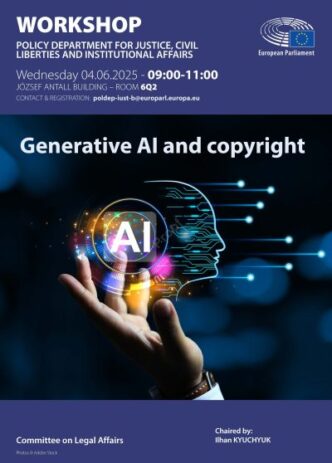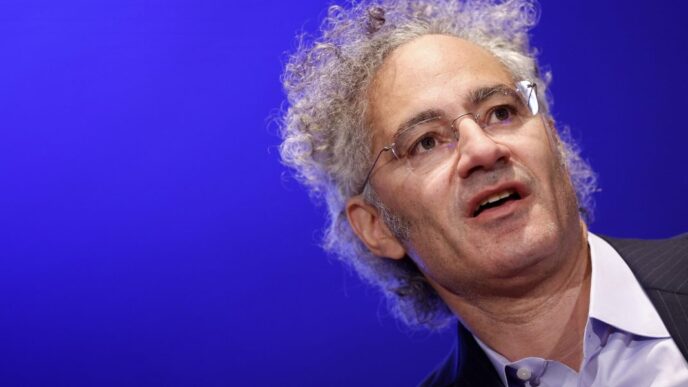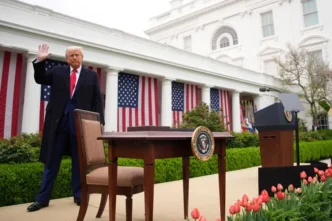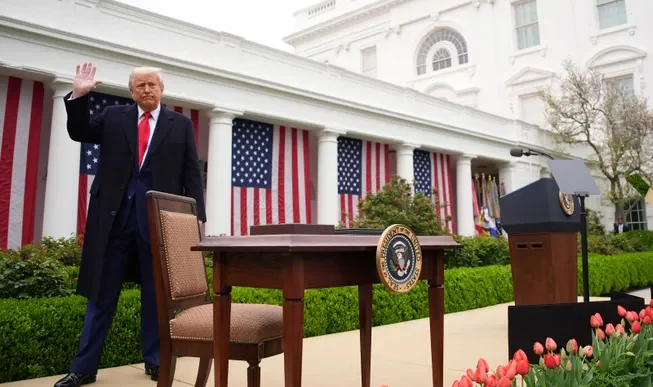UK delays AI regulation bill to 2026 amid copyright row
The UK government has pushed back its AI regulation plans by at least a year. Technology Secretary Peter Kyle will introduce a “comprehensive” AI bill in the next parliamentary session, likely not before the king’s speech in May 2026.
The new bill will cover AI safety and copyright, combining what was originally a narrower AI bill focused on models like ChatGPT. That earlier draft would have forced companies to hand over their models to the UK’s AI Security Institute for testing.
Officials delayed the bill to align with the US, worried premature rules might scare off AI companies. Now, copyright laws will join the AI debate, aiming to solve training data issues sparking fierce opposition.
The government is in a standoff with the House of Lords over a data bill that lets AI firms use copyrighted material unless creators opt out. Artists like Elton John and Paul McCartney have slammed this approach.
Peers want AI firms to disclose if they use copyrighted content, to enforce existing laws. Ministers refuse to delay, insisting copyright and AI need a standalone bill and promising economic and technical reports soon.
Peter Kyle committed to a cross-party group on AI and copyright in a letter to MPs.
Film director and peer Beeban Kidron blasted ministers for sidelining the creative sector.
“We feel we can use that vehicle to find a solution on copyright,”
a government source said.“We’ve been having meetings with both creators and tech people and there are interesting ideas on moving forward. That work will begin in earnest once the data bill passes.”
Beeban Kidron said:
“Ministers have shafted the creative industries, and they have proved willing to decimate the UK’s second-biggest industrial sector.”
An Ada Lovelace Institute and Alan Turing Institute survey shows 88% of the UK public want government power to stop risky AI products. Over 75% back regulator oversight, not just private companies.
AI expert Scott Singer sums it up: the UK is balancing avoiding heavy regulation like the EU, while protecting consumers, similar to the US stance.
The AI regulation delay signals a slow, cautious UK approach amid rising creative industry pushback.














